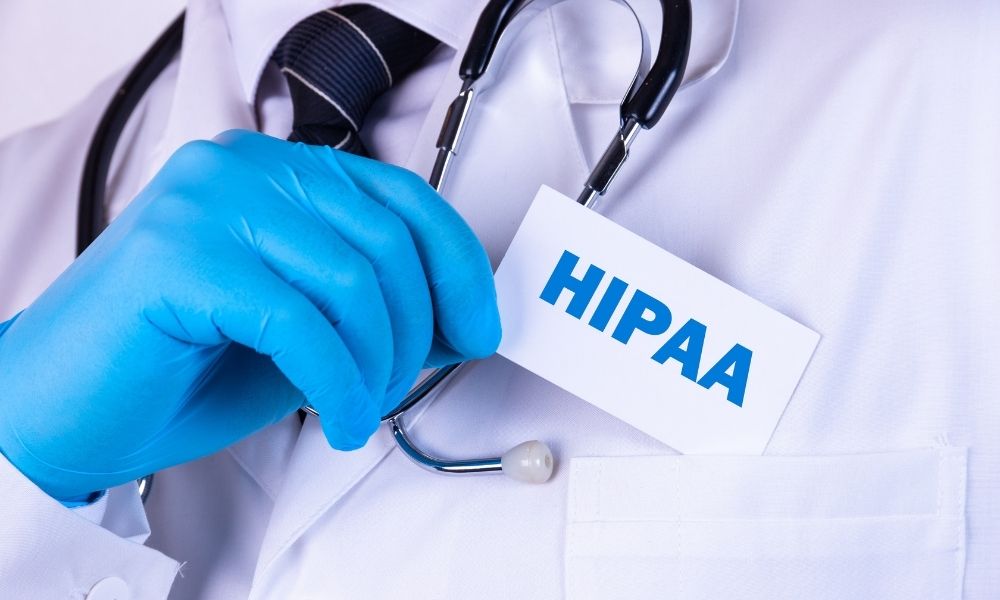If you’re a healthcare practitioner being in compliance with HIPAA rules is an essential part of the daily operation. The law is designed to provide individuals with greater privacy and security while also giving patients more control. Technology advances quickly, it’s crucial to ensure that any new technology you use adheres to the regulations set out by HIPAA.

HIPAA compliance can be confusing particularly for those who are trying to comprehend what HIPAA signifies and what it means for them. HIPAA compliance is required by all health-care organizations as well as individuals working within the insurance sector. It is crucial to read the regulations carefully and ensure that the procedures are in place to remain legally compliant. Although it can seem difficult to comply with the law, it’s a fact that compliance is crucial. Being compliant means better service as well as data privacy, with fewer penalties. By knowing what HIPAA covers and taking the necessary steps, businesses can be sure that they’re taking the appropriate measures required by the regulations.
Although HIPAA’s regulations may seem strict, the emphasis on privacy and security measures is intended to guard information. It is essential to have better protections to safeguard against the unauthorised disclosure or misuse of personal information of patients since the healthcare industry has more and more shifted to digital media such as Electronic Medical Records. Even though guidelines have been formulated to protect individuals however, they must be adhered to and strictly enforced. This is why HIPAA remains vigilant of these matters to enhance the security and privacy.
HIPAA is a crucial security feature to medical professionals working in fields and for patients whose medical records are kept. It gives covered entities, as well as business associates (BAs) the liberty to decide whether they should employ an addressable execution standard. The choice is affected by many elements such as the risk analysis mitigation strategy, the present security measures, and the cost of implementation. In making this choice CEs and BAs can consider alternatives that achieve their objectives or avoid the step completely if it’s justified in their conditions. HIPAA helps them make informed decisions regarding data security and protection. They also need to keep a proper balance between technical safeguards and user control.
HIPAA compliance can bring significant benefits for many companies. Compliance with the regulations of the Health Insurance Portability and Accountability Act, (HIPAA), will help companies safeguard their patients’, clients and their health information. It ensures that the information remains secure and private. Compliance ensures that patient’s medical information is only used to their benefit as well as the benefit of their healthcare providers. HIPAA compliance allows patients to make informed choices about how their personal health data is used and managed and provides them with assurance that other parties aren’t able to access or manipulate the information without their permission. HIPAA compliance can reduce the risk to a company’s reputation, helping them avoid any legal or financial consequences when they misuse patient information. HIPAA standards can ensure good experience for patients and better security for sensitive medical records.
In conclusion, these are only a handful of aspects you should consider when it comes to HIPAA compliance. It is crucial to comprehend the law to ensure that you can adhere to it. It is also recommended to speak with an expert who can help you determine its meaning and then implement the procedures and systems. Although it might seem daunting to be sure that you’re in compliance, it’s essential to ensure the protection of the rights of your patient as well being a way to ensure the confidentiality of your patients.
For more information, click subtitle of hitech
